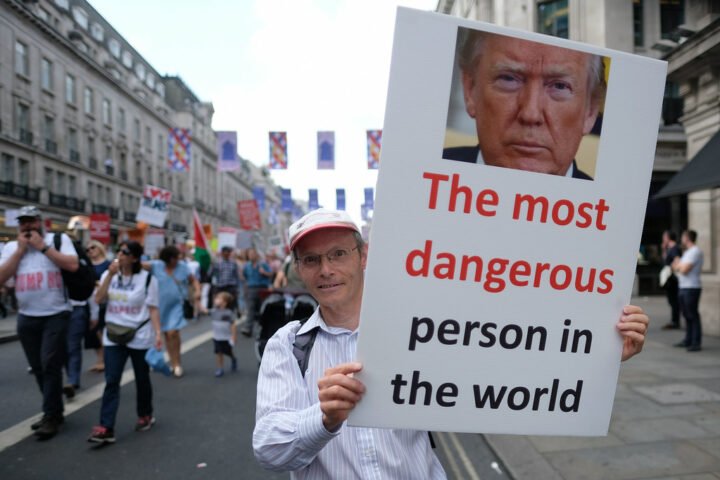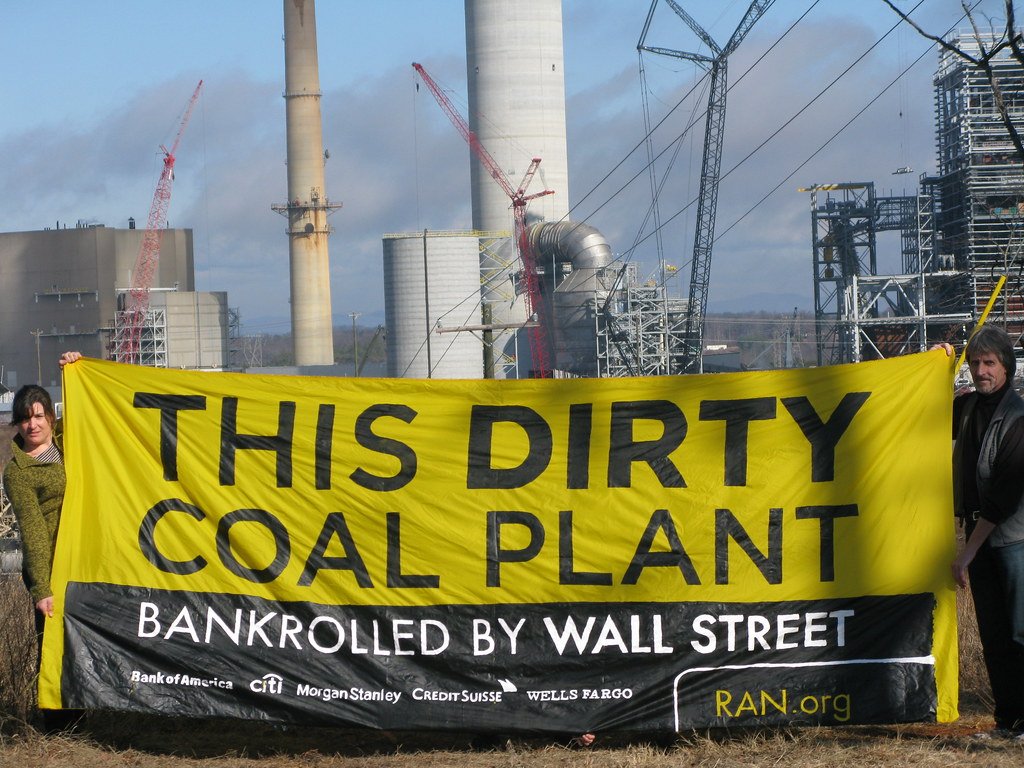Summary
- 13 youth plaintiffs in Hawaiʻi are taking the state’s Department of Transportation to court for allegedly failing to implement climate policies to reduce greenhouse gas emissions.
- Climate change is infringing on the young people’s constitutional right to a clean and healthful environment, according to the plaintiffs.
- Hawaiʻi has ambitious climate goals, including a statewide 2045 carbon neutrality target.
Last summer, many Americans were glued to the events unfolding in Maui as a raging inferno overtook the town of Lahaina, trapping thousands and killing at least 99 people.
This summer, we’ll see 13 youth plaintiffs in Hawaiʻi take the state’s Department of Transportation to court for allegedly failing to implement climate policies meant to reduce greenhouse gas emissions—emissions that increase climate risks like last year’s Maui wildfires. Though the case was filed in June 2022, disasters fueled by extreme weather are a backdrop to the trial, which is set to get underway on June 24.
In short, the plaintiffs allege that state officials are failing to reduce the transportation system’s fossil fuel footprint, breaching their duty to conserve and protect the state’s natural resources. And they claim that failure is infringing on the young people’s constitutional right to a “clean and healthful environment.” Lawyers for the state have countered that Hawai‘i’ officials are taking steps to address climate change but that this lawsuit raises policy and political questions that should not be dealt with in the courts.
In the motion to dismiss, attorneys for the state argued that responsibility for the planet-warming emissions at issue lies with fossil fuel companies, not the Department of Transportation. “Because Hawai‘i agencies are only able to control a small portion of the globe’s greenhouse gas emissions, they cannot realistically control climate change’s local impacts, like sea level rise and shoreline erosion,” the motion reads.
Key passage
UPDATE:

Read the full post at Legal Planet.





